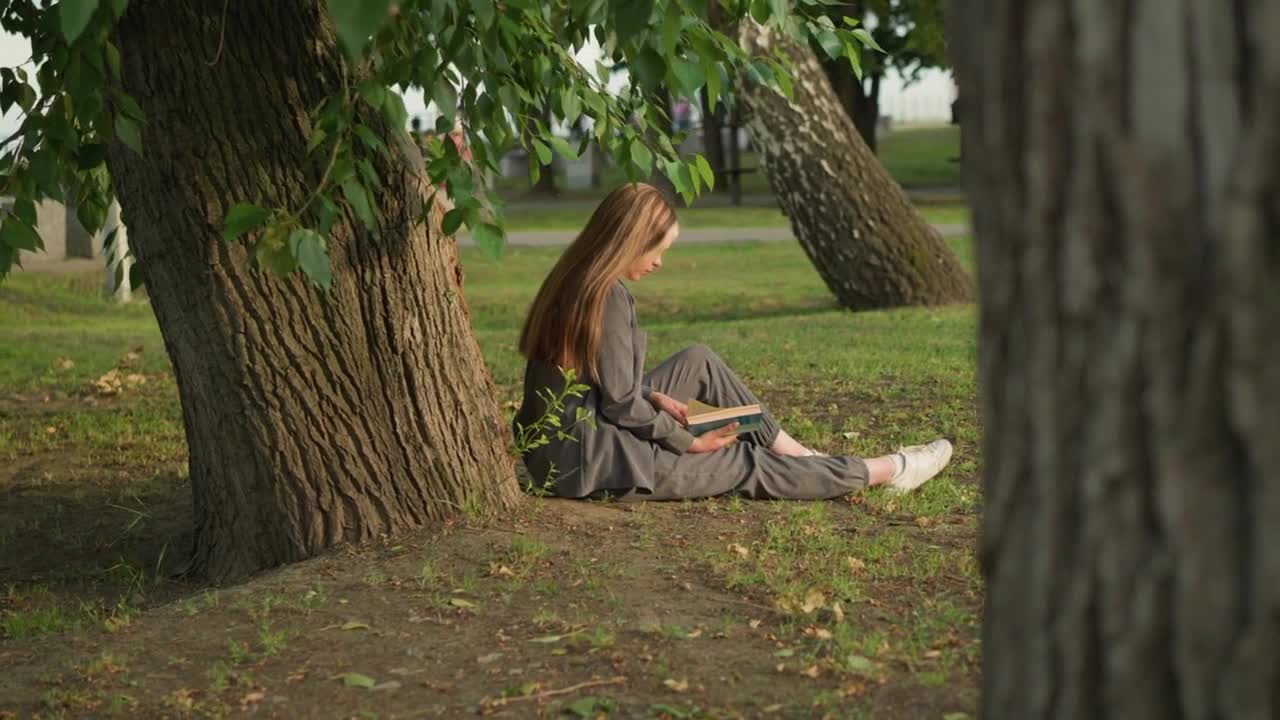SALT LAKE CITY — Utah ranks among the top five loneliest states in the nation, according to U.S. Census data. State health experts say the effects are showing up in both youth and adults across the state.
“I really trace a lot of the loneliness that we feel to the lack of micro interactions with people at work, or out at the stores. We got very accustomed to being by ourselves during the pandemic,” Dr. Mason Turner, a Senior Medical Director for Behavioral Health for Intermountain Health said. "As we came out of that and we were able to interact again, it’s been very difficult to recreate some of those habits to help us not feel so lonely."
According to the U.S. Census Bureau’s Household Pulse Survey, more than one in three Utah adults say they feel lonely “always” or “often.” Health officials say it’s more than just a side effect of the pandemic—it’s become a public health priority.
"So, they’re feeling like they have people around them, they just don’t have those closer connections. And that’s something we’re worried about,” Aimee Winder Newton, Director of the Utah Office of Families said.
In the 2023 Student Health and Risk Prevention survey, about 25% of Utah youth reported often feeling like “people are around me but not with me,” according to the Utah Department of Health and Human Services.
That same feeling is seen in adults, Winder Newton said. In the 2021 Behavioral Risk Factor Surveillance System, about 6% of adults reported the same experience of being surrounded by others but still feeling isolated.
A Growing Public Health Concern
Dr. Turner says the issue has become more complex in recent years.
“We’re now seeing loneliness as a standalone problem,” Dr. Turner said. “It’s not always tied to depression or anxiety—it’s its own challenge. And it’s become very concerning because it’s a very difficult symptom for people to deal with.”
Matt Draper, a therapist based in Springville, says that based on his work, the two groups most affected by loneliness in Utah are young adults and seniors.
“College-aged adults are experiencing high rates of loneliness,” Matt Draper, a therapist said. "That’s the part that’s shocking. College used to be where people would go and connect. That still happens but not as high of a rate as it used to."
Also, older adults—particularly those living alone or in rural areas—are also reporting growing feelings of isolation.
“We’re seeing this epidemic of loneliness particularly in rural areas,” Dr. Turner said. "Again, we don’t know why but that’s definitely something we’re seeing a lot of particularly after the pandemic.”
How to Feel More Connected
While the issue is complex, experts say small steps can make a difference.
“Social connection is a habit,” Draper said. “And after years of limited interaction, we need to rebuild it intentionally.”
Dr. Turner says to start with little things — going to a coffee shop instead of ordering delivery, chatting with neighbors, or joining a local activity group.
One example? The Beehive Sport and Social Club in Salt Lake City. Founder David Marquardt says their goal is to bring people together through play.
“Often, your next best friend or even a future partner is just one game away,” he said.
If you or someone you know is struggling with loneliness, head to the Utah Department of Health and Human Services for resources and support.




